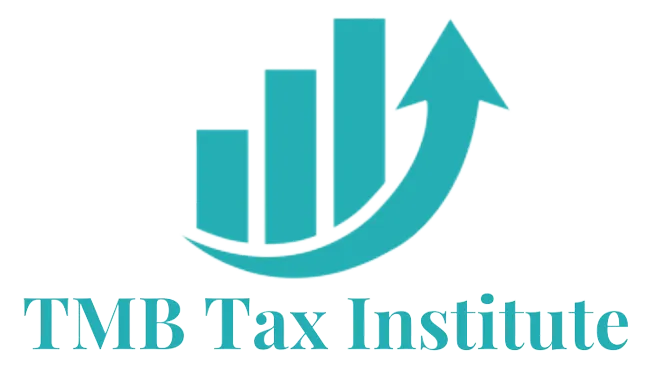
THE CODE & THE COINS
Our blog is your go-to resource for expert insights and advice on everything related to taxes. Whether you're a business owner, individual taxpayer, or accounting professional, our blog provides valuable information on tax laws, strategies for minimizing your tax liability, and industry trends. Our team of experienced tax professionals is dedicated to providing you with the information and resources you need to stay ahead of the game when it comes to taxes.

Embracing the Future: How Automation Streamlines Your Tax Practice and Boosts Efficiency
Discuss the benefits of implementing automation in a tax practice, focusing on increased efficiency, accuracy, and productivity.

Implementing automation in a tax practice can offer several benefits to tax professionals, including increased efficiency, accuracy, and productivity. Here are some of the main benefits of implementing automation in a tax practice:
Increased efficiency: Automation can help tax professionals complete tasks more quickly and efficiently than if they were doing them manually. For example, automation can help streamline data entry, which can save time and reduce the risk of errors. Automation can also help automate tasks like tax return preparation, which can free up time for tax professionals to focus on more complex tasks.
Improved accuracy: Automation can reduce the risk of errors by eliminating human error and inconsistencies that can occur when tasks are performed manually. Automated processes can also help ensure that all necessary information is captured and recorded accurately, reducing the risk of errors in tax returns.
Increased productivity: Automation can help tax professionals work more efficiently, which can increase productivity. By automating routine tasks, tax professionals can free up time to focus on more complex tasks that require their expertise. This can result in a more productive and profitable tax practice.
Enhanced client service: Automation can also help tax professionals provide better service to their clients. By automating tasks like data entry and tax return preparation, tax professionals can provide faster, more accurate service to their clients. This can help build trust and loyalty with clients, leading to increased client satisfaction and retention.
Improved scalability: Automation can also help tax practices scale their operations more easily. By automating routine tasks, tax practices can handle more clients without having to increase staff. This can help tax practices grow and expand their business more quickly and efficiently.
In conclusion, implementing automation in a tax practice can offer several benefits to tax professionals, including increased efficiency, accuracy, productivity, and scalability. By automating routine tasks, tax professionals can free up time to focus on more complex tasks, provide better service to their clients, and grow their business more quickly and efficiently.

THE CODE & THE COINS
Lorem ipsum dolor sit amet, consectetuer adipiscing elit. Aenean commodo ligula eget dolor. Aenean massa. Cum sociis natoque penatibus magnis dis parturient montes nascetur!
070120

July 01 2022
Indexed Universal Life Insurance
Indexed Universal Life Insurance is a type of permanent life insurance. It simply means that it has a cash value component in addition to a death benefit. The money in your cash value account can ...
070120

July 01 2022
1031 Exchange
1031 Exchange (also called a tax-deferred exchange, like-kind exchange, LKE, or Starker Trust) is one of the most popular tax strategies available when selling and buying real estate. It refers t...

July 01 2022
What is Inflation?
What is Inflation? The simple definition for inflation is that it is the rate increase in prices for goods and services over a given period of time. Inflation is typically a broad measure, such a...

July 01 2022
Scammers Gonna Scam!
Sidestepping Tax Fraud all 2022 A Tax Preparer scammed me! If I had a dollar for every facebook post I've seen about a scammer this season, I could sit my pretty ass down on a beach and not mo...

July 01 2022
Sed ut perspiciatis unde omnis iste natus error
Lorem ipsum dolor sit amet, consectetur adipiscing elit. Aliquam et sem sed diam faucibus mattis.

July 01 2022
Sed ut perspiciatis unde omnis iste natus error
Lorem ipsum dolor sit amet, consectetur adipiscing elit. Aliquam et sem sed diam faucibus mattis.
